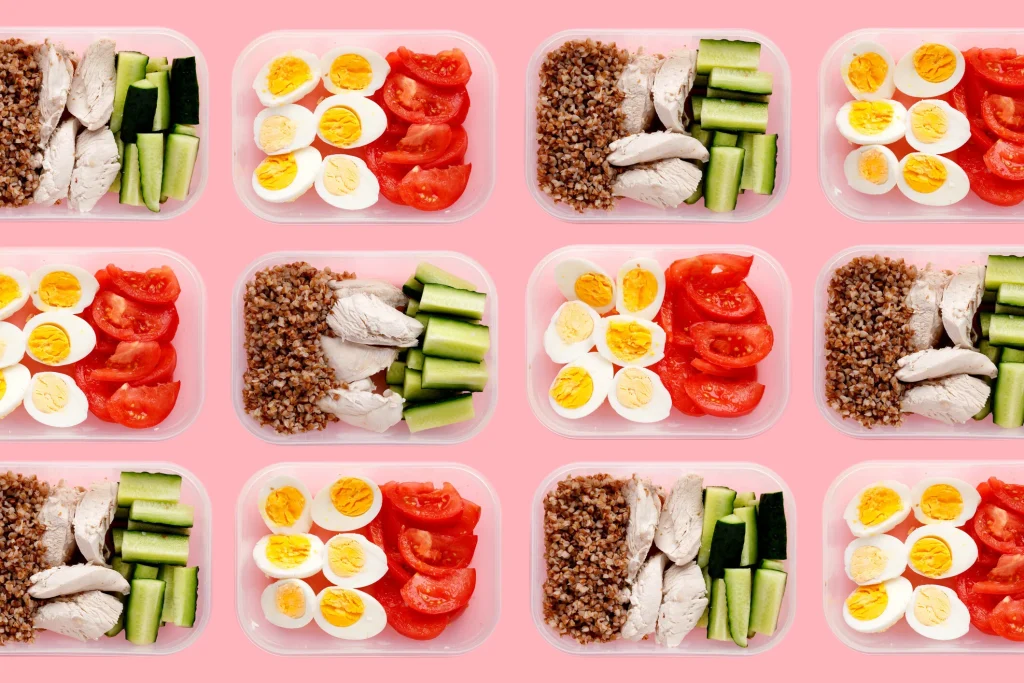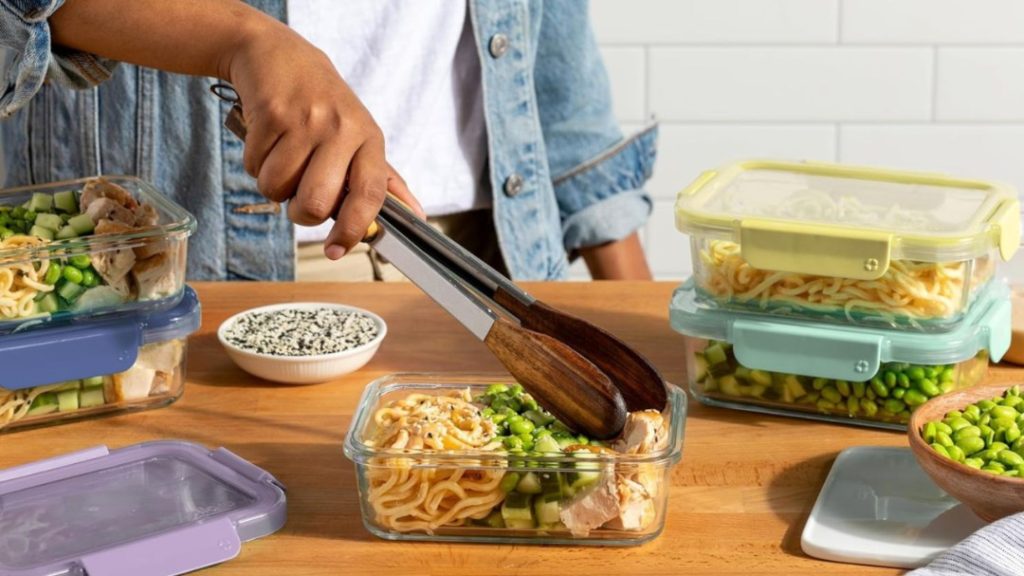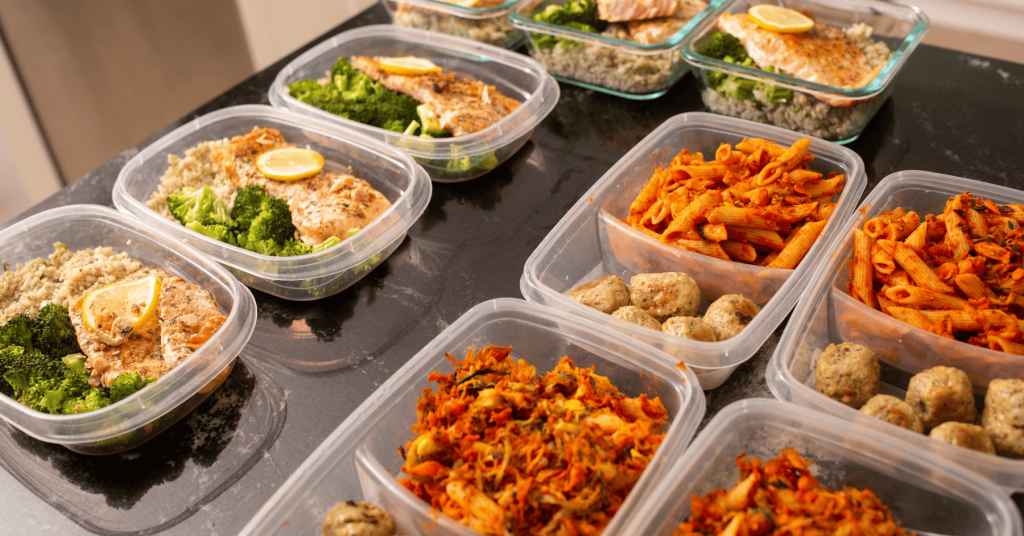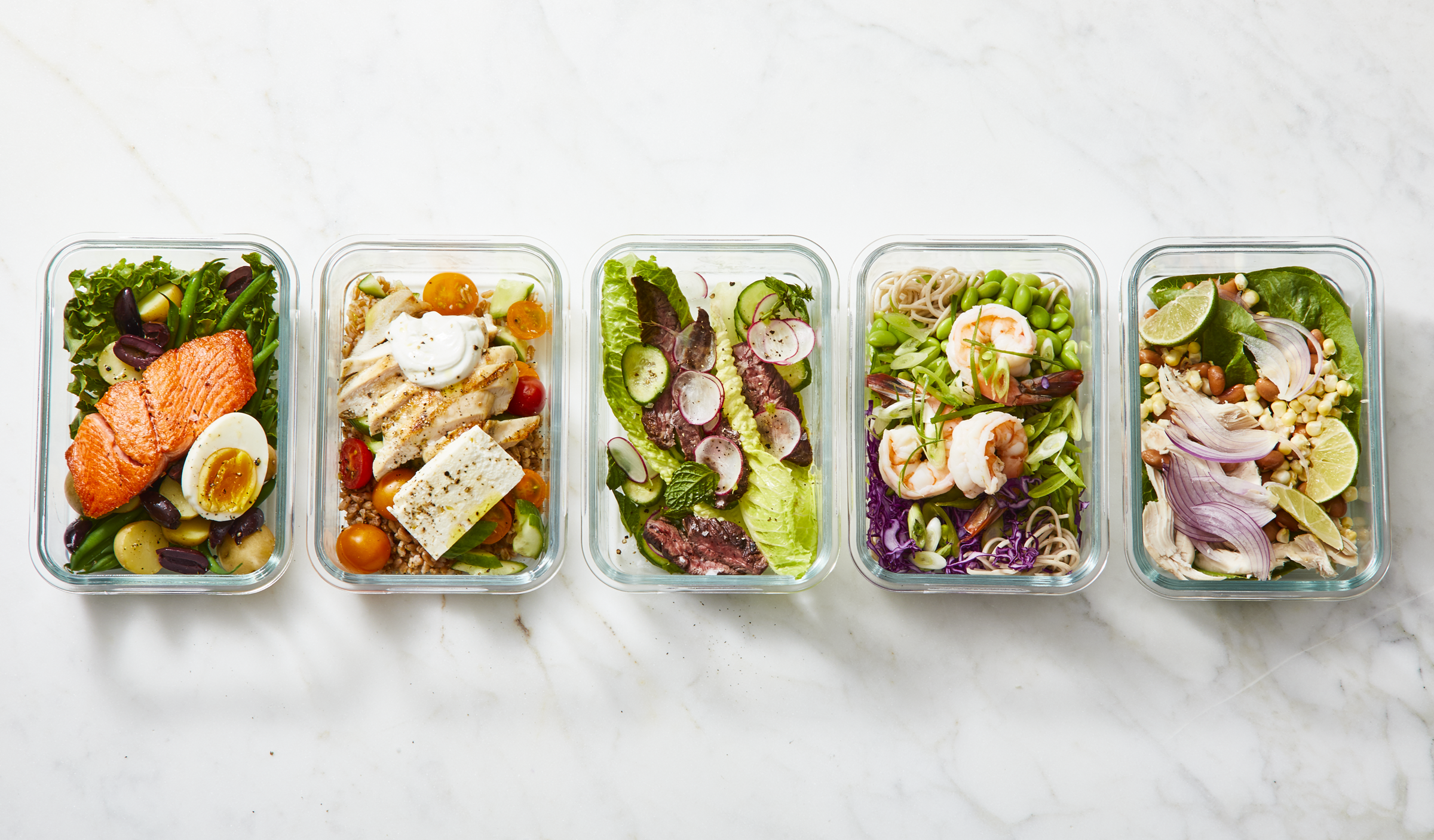Meal prepping has become a popular strategy for anyone who wants to save time, eat healthier, and reduce stress during busy weeks. Whether you’re trying to stick to a diet, avoid takeout, or simply make your week smoother, meal prep can be a game-changer. With a little planning and a few smart strategies, you can prepare delicious, balanced meals in advance without spending hours in the kitchen every day. Here are some practical meal prep tips for the week to help you get started.
1. Start with a Plan

The foundation of effective meal prep is a solid plan. Before you begin cooking, decide what meals you want to prepare for the upcoming week. Take a few minutes to consider your schedule—are there nights you’ll be too busy to cook? Do you prefer quick breakfasts on weekdays? Once you know your needs, choose recipes accordingly.
- Pick simple recipes: Stick to dishes with minimal ingredients and easy cooking methods, especially if you’re new to meal prepping.
- Plan for variety: To avoid getting bored, rotate different proteins, grains, and vegetables.
- Use similar ingredients: Choose recipes that use overlapping ingredients (e.g., rice, chicken, and broccoli) to save money and reduce waste.
2. Make a Shopping List
Once your weekly menu is set, create a detailed shopping list. Divide it into categories such as produce, proteins, pantry staples, and dairy. This not only saves time at the grocery store but also prevents impulse buying.
Pro Tip: Check your pantry and fridge before heading out to avoid buying duplicates. Having an organized shopping list ensures you get everything you need in one trip, making meal prep smoother.
3. Set Aside a Specific Prep Day
Pick one day each week—often Sunday or whichever day works best—to dedicate to meal prepping. Setting aside a couple of hours can save you hours later in the week. Use this time to wash, chop, cook, and store ingredients or full meals.
Many people prefer batch cooking, where they prepare large quantities of staples like rice, grilled chicken, roasted vegetables, or hard-boiled eggs. Others like to assemble ingredients, such as chopping veggies and marinating proteins, so they can cook fresh meals quickly during the week.
4. Invest in Quality Storage Containers

Good containers make a huge difference in keeping your food fresh and organized. Choose BPA-free plastic or glass containers with tight-fitting lids. Using containers that are uniform in size can help you stack them neatly in the fridge.
- Glass containers are great for reheating meals in the oven or microwave.
- Portion-controlled containers are useful if you’re tracking calories or trying to manage portion sizes.
- Mason jars work well for salads, overnight oats, or layered snacks.
Label containers with the meal name and date so you know what to eat first.
5. Cook in Batches and Mix It Up
Batch cooking is a time-saver. Instead of making a new dish every day, cook a few base ingredients that can be used in multiple meals. For example:
- Grains: Cook a big pot of rice, quinoa, or pasta.
- Proteins: Grill or bake chicken, fish, or tofu.
- Vegetables: Roast a variety of veggies in one go.
During the week, you can combine these base ingredients in different ways—like making chicken rice bowls, veggie stir-fries, or pasta salads. Add different sauces or seasonings to keep meals exciting without extra cooking time.
6. Don’t Forget Breakfast and Snacks
Meal prep isn’t just for lunch and dinner. Preparing breakfasts and snacks in advance can help you avoid skipping meals or reaching for unhealthy options.
- Breakfast ideas: Overnight oats, egg muffins, yogurt parfaits, or breakfast burritos.
- Snack ideas: Cut-up fruits, nuts, hummus with veggie sticks, or protein balls.
Having these ready-to-go options can make your mornings less rushed and keep your energy levels stable throughout the day.
7. Store and Reheat Properly

To keep your meals safe and tasty, follow proper storage guidelines. Refrigerate meals you plan to eat within 3–4 days and freeze anything beyond that. When reheating, make sure food reaches the right internal temperature to avoid foodborne illness.
Freezer-friendly meals like soups, casseroles, and cooked grains can last weeks, so consider doubling recipes and freezing half for later.
8. Keep It Flexible
Meal prepping doesn’t have to be rigid. Life can be unpredictable, so leave room for changes. You might prep three lunches and three dinners, then leave a couple of nights open for eating out or trying something new. This balance keeps meal prepping sustainable over the long term.
Conclusion
Meal prepping is more than just a trend—it’s a practical way to take control of your nutrition, save money, and make your week less stressful. By planning ahead, investing a little time up front, and staying organized, you can enjoy delicious, healthy meals all week long without the daily cooking grind. Start small, build your routine, and soon meal prepping will become a habit that simplifies your life.

